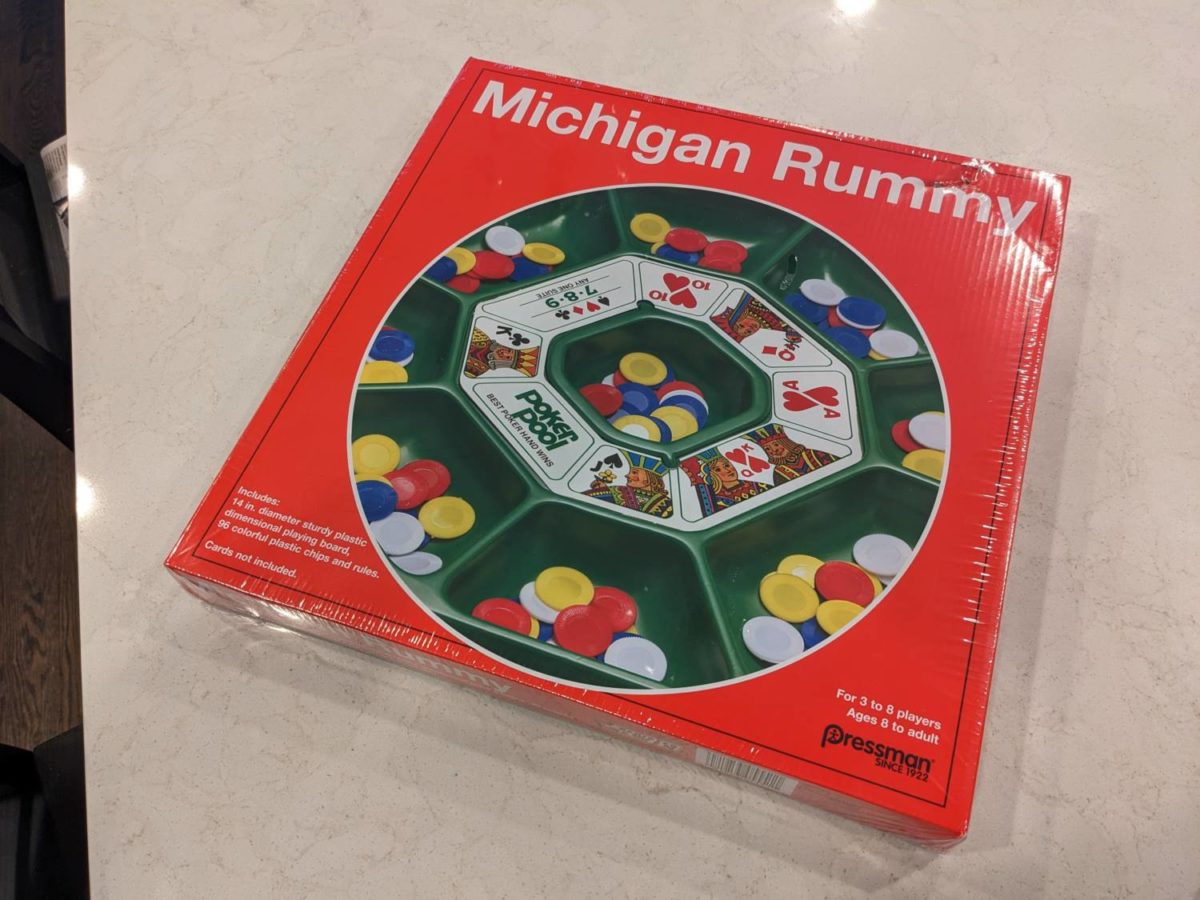Let’s settle this debate once and for all. Walk into any room where rummy’s being played, and you’ll hear two camps: those who swear it’s pure strategy and others convinced luck holds all the cards. The truth? Well, it’s somewhere in the shuffle.
The Legal Lens: How Courts View Rummy
In India, rummy’s legal status hinges on the skill vs. chance argument. The Supreme Court ruled it’s predominantly a game of skill—unlike, say, a lottery ticket. Why? Because consistent winners exist. If it were just luck, outcomes would randomize like a slot machine.
That said, courts acknowledge some chance elements. Think of it like poker: you can’t control the deal, but how you play your hand? That’s where skill struts in.
Skill Factors in Rummy You Can’t Ignore
1. Memory and Probability
Ever seen a pro player recall every discarded card? That’s not luck—it’s pattern recognition meets probability math. They track:
- Which suits are “cold” (rarely discarded)
- Opponents’ likely melds
- Safe discards to avoid feeding wins
2. Adaptive Strategy
Bad initial hand? Skillful players pivot. They might:
- Switch focus from pure sequences to impure ones
- Bluff by holding cards opponents need
- Sacrifice early rounds to dominate later
3. Emotional Control
Here’s where rummy mirrors chess. Panic after a bad draw, and you’ll make reckless discards. The best players? They treat luck like weather—adapt, don’t complain.
Where Chance Creeps In
Let’s be honest: if you’re dealt three aces versus three scattered low cards, your starting odds differ. Chance influences:
- Initial hand quality: Some deals are simply easier
- Draw pile luck: That perfect card might be buried
- Opponents’ mistakes: Their misplays can accidentally help you
But here’s the kicker—over many games, skill evens out these fluctuations. Like poker pros who win long-term despite bad beats.
What Stats Say About Rummy’s Skill Edge
Data from online platforms reveals fascinating trends:
| Metric | Skilled Players | Casual Players |
| Win rate (500+ games) | 58-65% | 42-48% |
| Avg. points per game | +22 | -15 |
| Comeback wins* | 31% | 12% |
Notice how consistency separates the two groups? That’s not dice rolling—that’s learned competence.
How to Sharpen Your Rummy Skills (If It’s Not Just Luck)
Want proof you can improve? Try these tactics:
- Track discards religiously: Note every card thrown—it reveals opponents’ strategies.
- Master the art of the discard: Tossing middle cards (6s-8s) is often safer than extremes.
- Practice hand evaluation: Within seconds, assess whether to chase pure sequences or quick sets.
Seriously, watch tutorial videos of experts. Their decisions seem obvious… until you realize how many layers they’re calculating.
The Verdict? It’s Both—But Skill Tips the Scales
Imagine rummy as driving. Chance is the traffic—sometimes smooth, sometimes gridlocked. Skill is your ability to navigate it. Over time, the better driver reaches destinations faster, regardless of red lights.
So next time someone claims rummy’s pure luck, challenge them to a 20-game series. By game 15, they’ll see the pattern—and likely owe you points.




